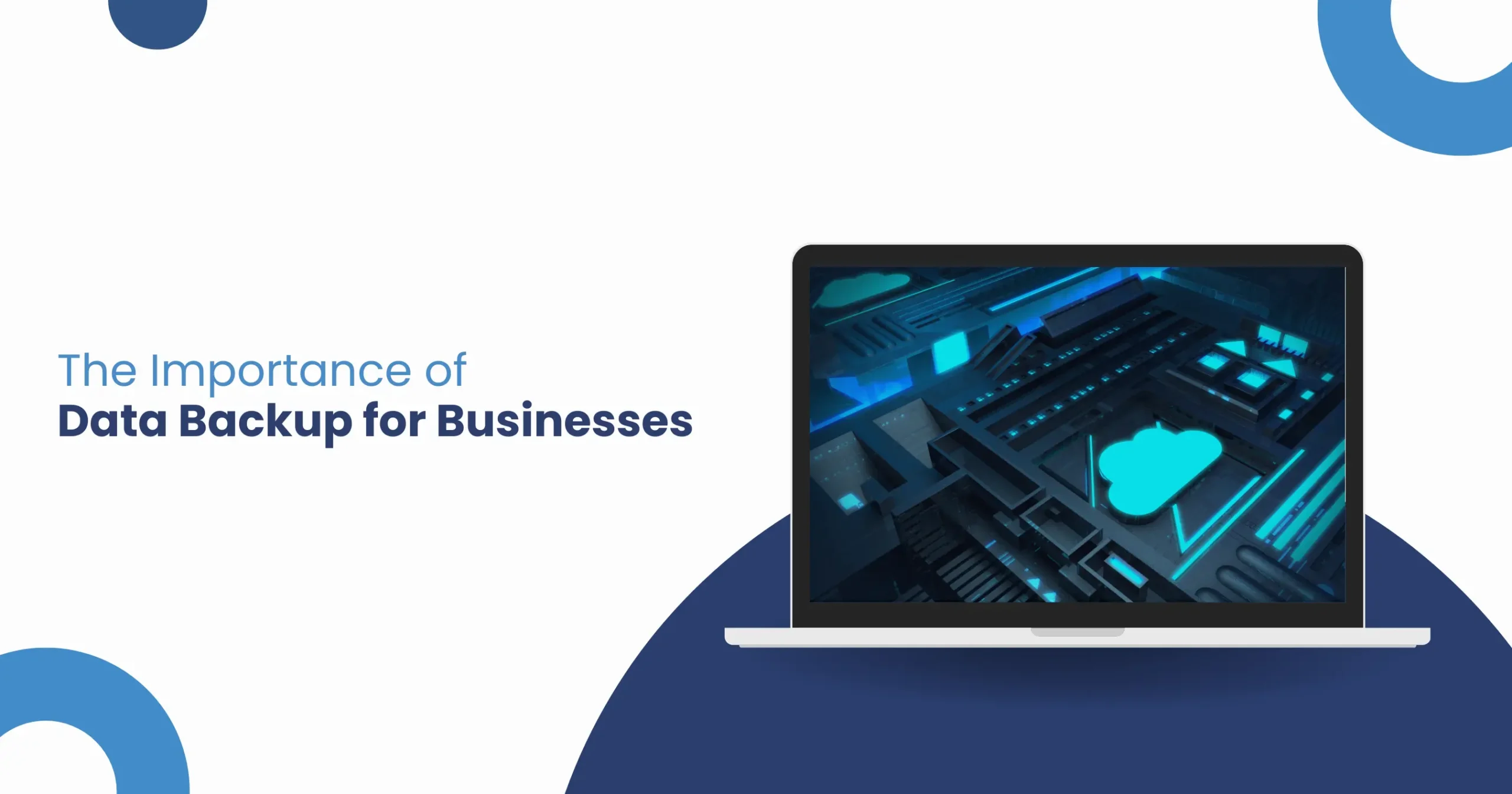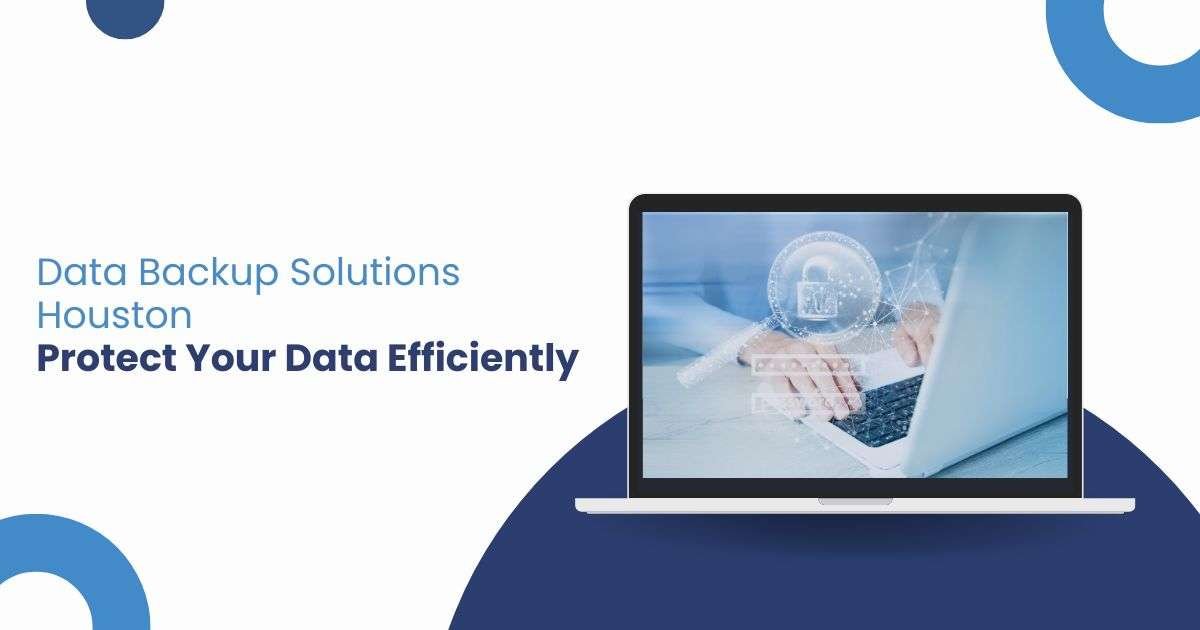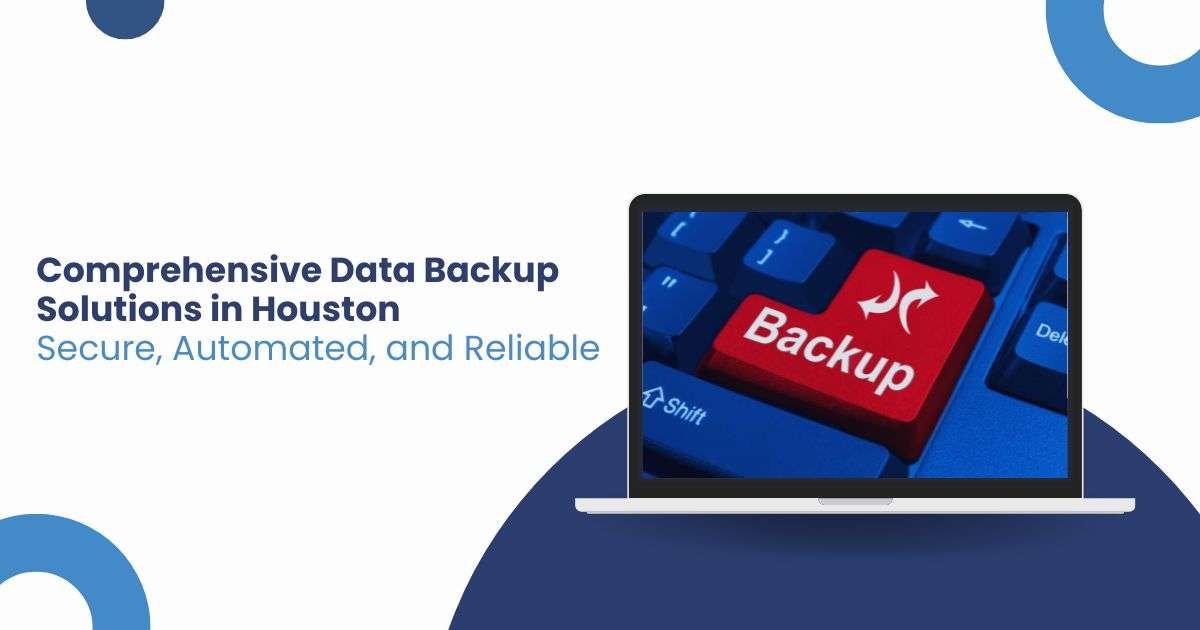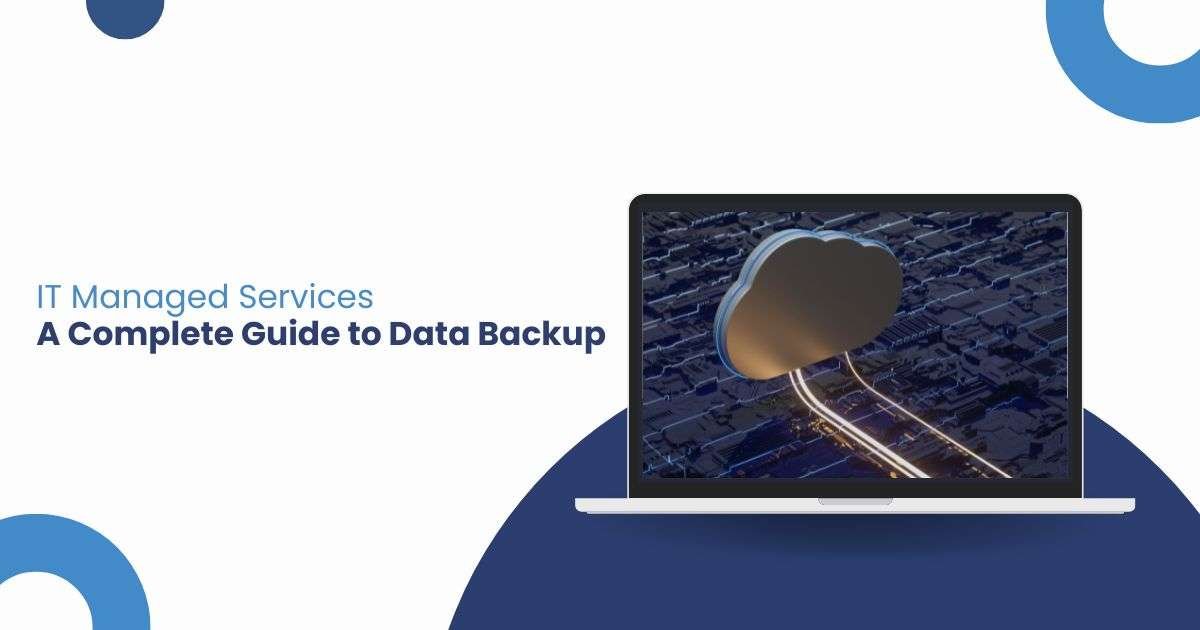
In today’s digital age, data is one of the most valuable assets for any business. Ensuring its integrity and availability is paramount, making Data Recovery Services solutions a critical component of any IT strategy. Data backup involves creating copies of data that can be restored in case of data...

In today’s digital age, data is one of the most valuable assets for both individuals and businesses. From personal photos and important documents to critical business information, the loss of data can be devastating. This is where **data backup solutions** come into play. Ensuring that you have a **secure...

In the fast-paced world of IT management, safeguarding data is paramount. With the ever-growing volume of digital information, the risk of data loss looms large. This comprehensive guide delves into the intricacies of data backup solutions Houston, offering insights into why they are indispensable for IT management services. Importance...

In the fast-paced world of technology, data has become the lifeblood of businesses. From customer information to financial records, the digital landscape holds invaluable assets that need protection. This is where data restore solutions play a critical role. In this comprehensive guide, we’ll delve into the importance of data...

An Extensive Guide to Data Backup by IT Managed Services In the dynamic realm of IT management, data is the cornerstone of business operations. Data redundancy, facilitated by IT Managed Services, emerges as a pivotal strategy to fortify businesses against potential losses. This section introduces the fundamental concept of...